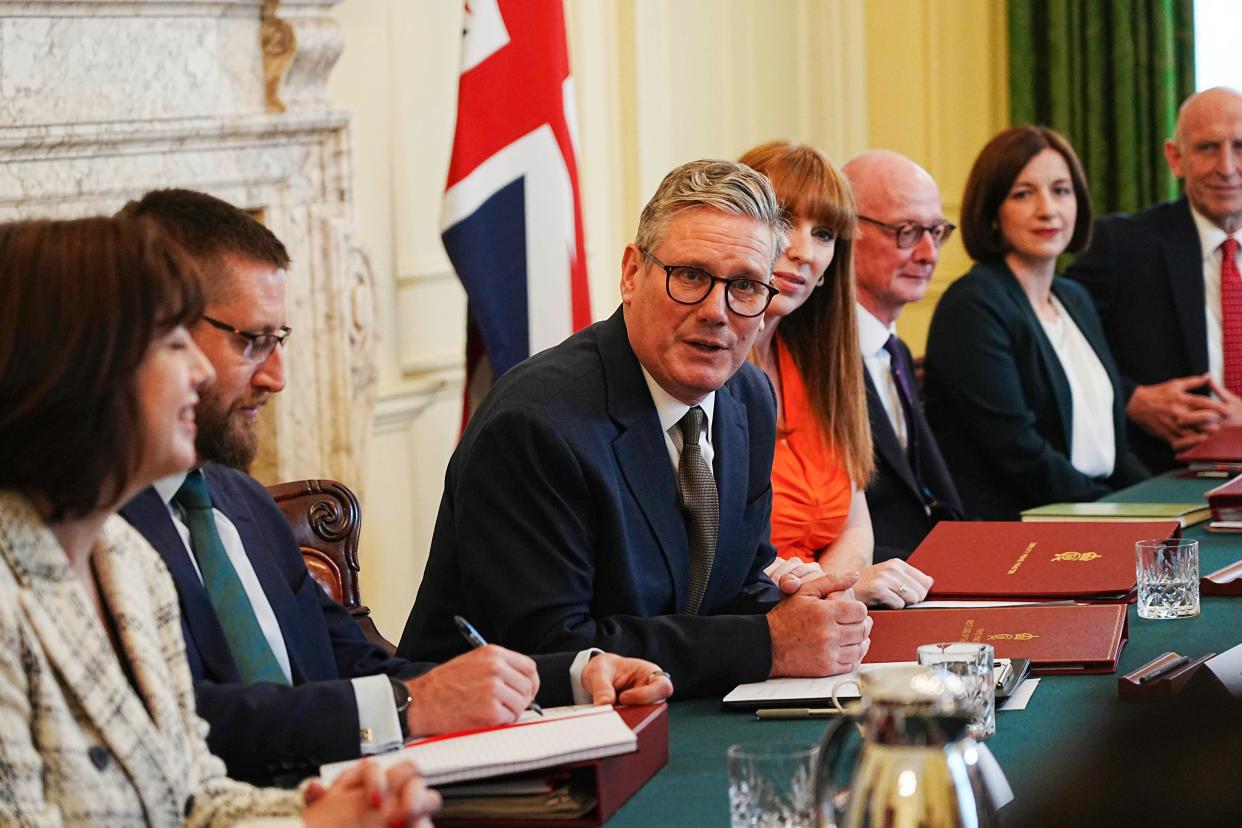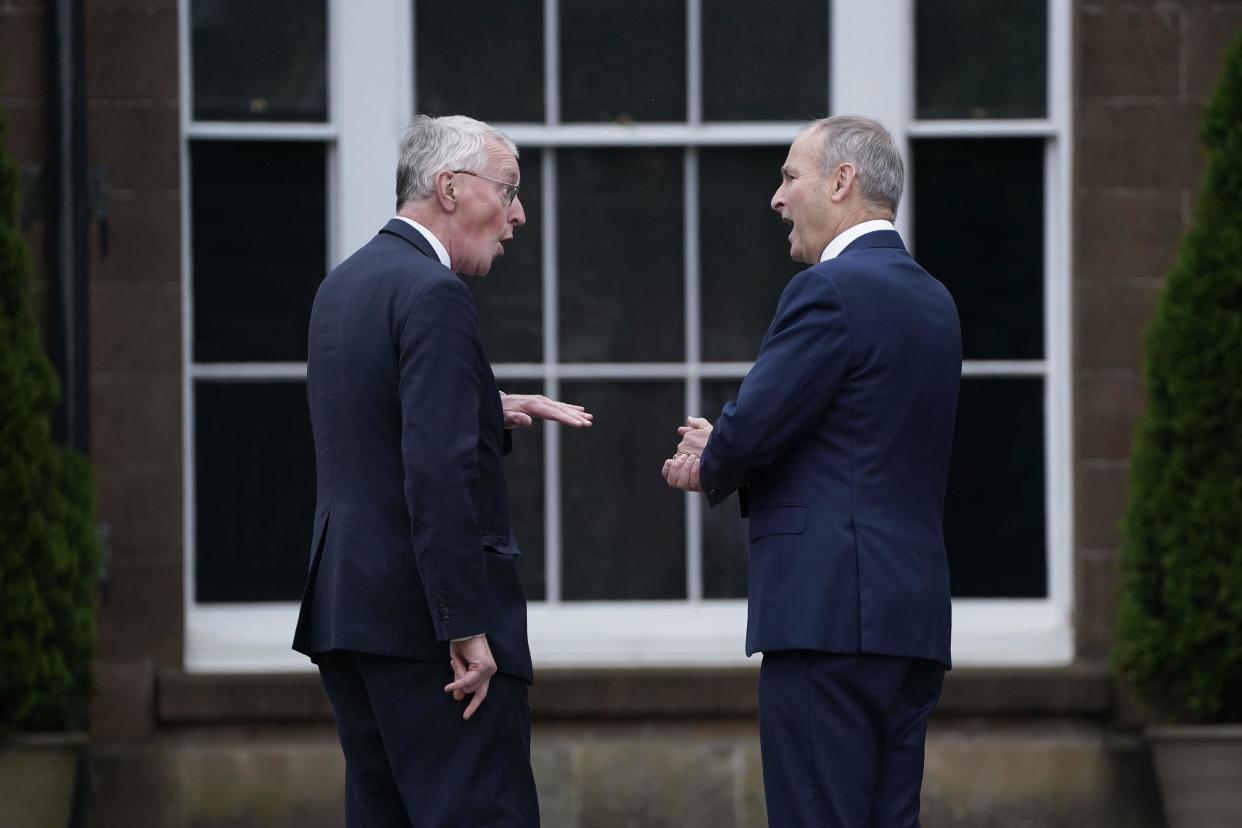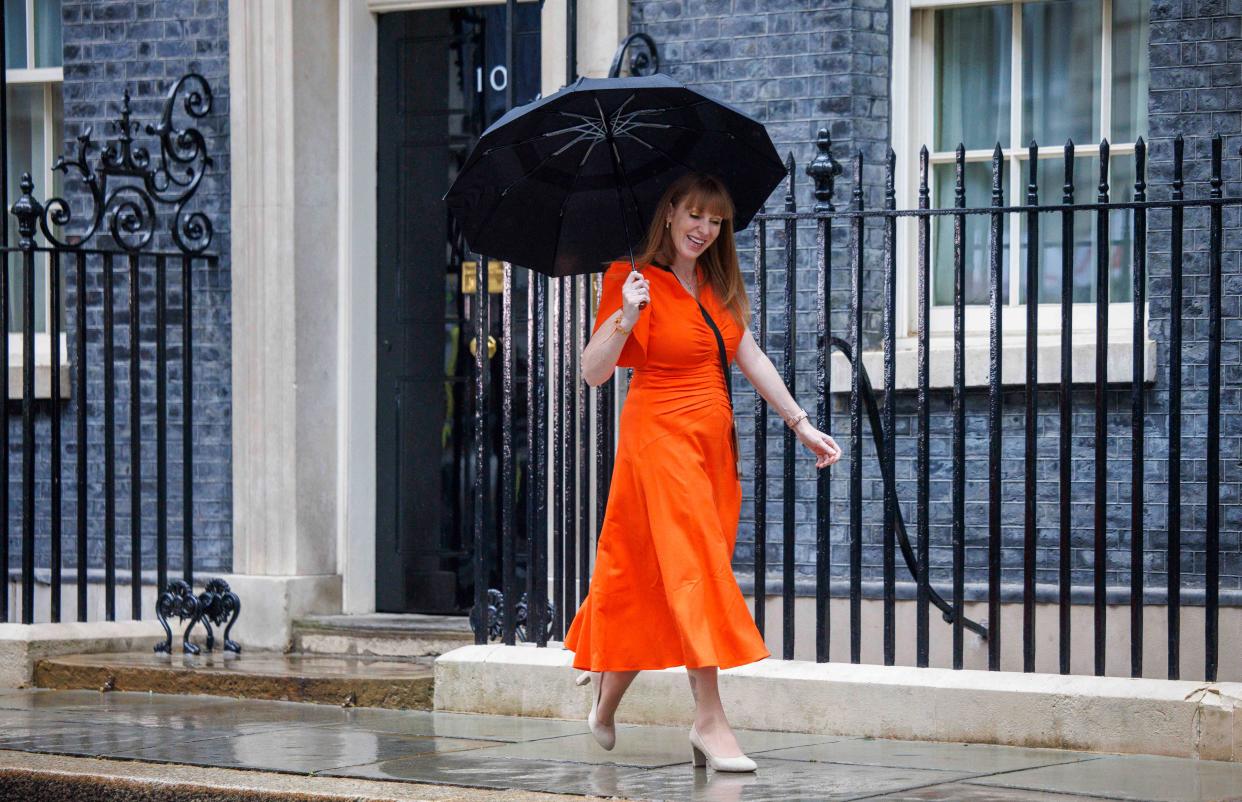From benefits changes to Brexit, what we learned about Labour's first week in power

Barely a week since polling day, Keir Starmer has wasted little time getting settled into Downing Street.
After assembling his cabinet and appointing dozens of junior ministers, the new Labour government has been setting out what the public should expect to see over the coming months and years.
As the revamped administration sets to dealing with a bulging in-tray, here's some of the biggest issues which have defined its first week in power.
Benefits
Barely a week into the post-general election honeymoon period, the new government is already facing discontent from MPs over the two-child benefit cap.
On the campaign trail, Starmer said he would like to scrap the policy “in an ideal world”, but has insisted “we haven’t got the resources to do it at the moment”.
But old and new Labour MPs are already threatening revolt over the issue, with former shadow chancellor John McDonnell and newly elected Liverpool Riverside representative Kim Johnson both saying they plan to put forward amendments to next week's King's Speech seeking to scrap the welfare restriction.
Further shake-ups of the benefits system have also been hinted at by new Work and Pensions Secretary Liz Kendall, who launched the government's 'Back to Work Plan' this week in which she promised that more disabled people and those with health conditions will be supported to get into and remain in work. It immediately prompted calls to "reassure disabled people" they won't be forced into unsuitable jobs.
The party also said Jobcentre Plus and the National Careers Service will be merged in an effort to both get more people into work and support people to find better paid jobs.
Labour has said a new so-called Youth Guarantee for 18-21 year-olds will see more opportunities for training, an apprenticeship or help to find work offered to all in this age category “to prevent young people becoming excluded from the world of work at a young age”.
Read more
Starmer under pressure to scrap two-child benefit cap(Telegraph)
August 2024 dates for benefits and pensions payments (Independent)
Labour's DWP boss launches new work plan for millions of unemployed and disabled (Birmingham Live)
Brexit
Speaking at the Nato summit in Washington DC this week, Starmer promised to "reset" international relations in response to concerns the UK had become too "inward looking".
Within days of moving into Downing Street, the new prime minister had already said he would overhaul Boris Johnson's "botched" EU trade deal.
Britain has had occasionally tense relations with the Republic of Ireland since Brexit, but following a meeting with newly appointed Northern Ireland Secretary Hilary Benn, Irish Tanaiste Micheal Martin said he was "positive and optimistic" about future working between London and Dublin.

Defence spending
Starmer's debut on the world stage at the Nato summit also saw him urging fellow member states to increase their defence spending, insisting it was "essential" the military alliance received more cash.
Labour's own commitment to bigger budgets for the army, navy and airforce remains uncertain, however.
Starmer has repeatedly said he plans to increase defence spending to 2.5% of GDP - higher than the 2% mandated by Nato membership. However, he has also refused to set out a timeline for when his government will hit that threshold.
Armed forces minister Luke Pollard told BBC Radio 4’s Today programme that any extra military money would be dependent on improved economic growth.
Prisons
The new government set out an early marker for its approach to the justice system with the appointment of James Timpson as minister for prisons, parole and probation.
The boss of the cobbler chain, a well-known employer of released convicts, has previously said only about a third of inmates should actually be behind bars. But plans to release thousands of prisoners early will be driven by necessity, rather than policy, as the government seeks to avert the “collapse” of the prisons system.
Justice secretary Shabana Mahmood has blamed the previous Conservative government for failing to build enough cells to keep pace with the rate of offending, adding plans to let prisoners out 40 per cent of the way into their sentences would likely need to stay in place until 2026 at least.
She warned on Friday that without immediate action to address overcrowding, prisons would run out of space within weeks – leading to “a total breakdown of law and order”. As a result, she said, thousands of prisoners are to be released earlier than planned.

Housing
Shadow chancellor Rachel Reeves has said there will need to be "short-term pain" to get Britain building the number of homes it needs.
As well as announcing a task force to "accelerate stalled housing sites", the planning system which determines what can be built where is also set for an overhaul.
Deputy prime minister and housing minister Angela Rayner is expected to tear up rules preventing development in the countryside, with one of her first major actions set to be a fresh look at rejected plans for data centres outside London.
Starmer has also promised action to bring down mortgage rates.


